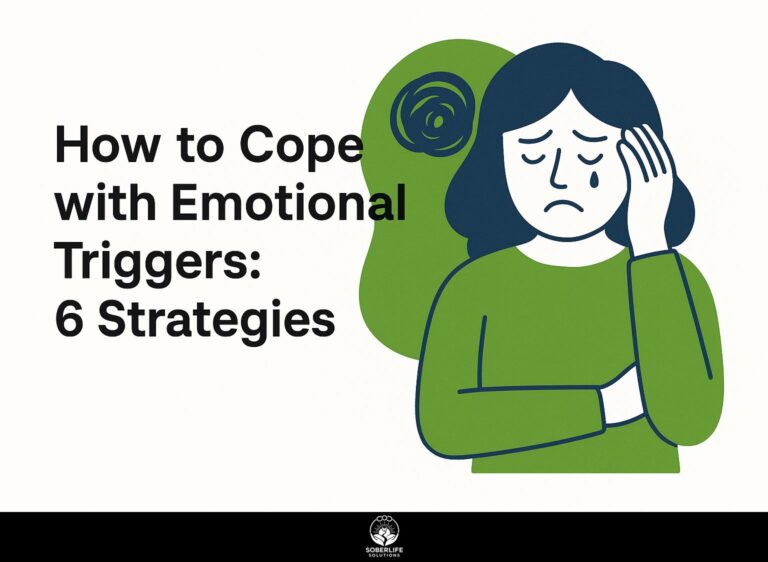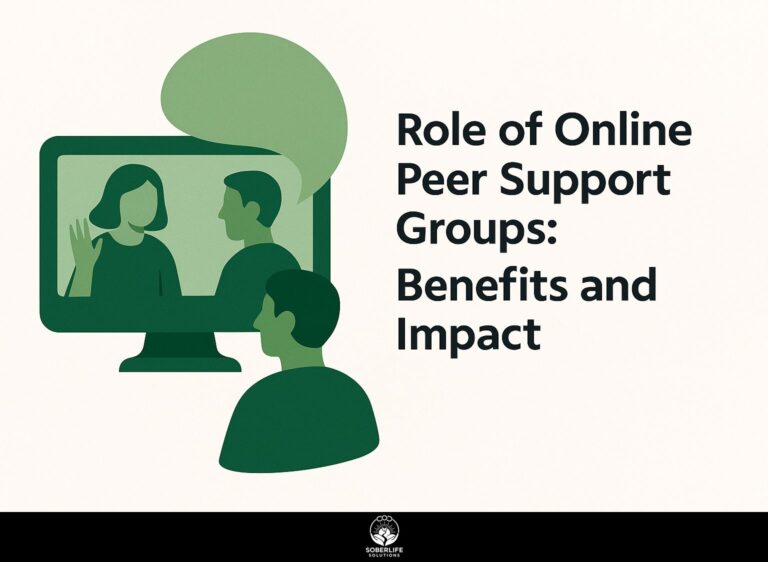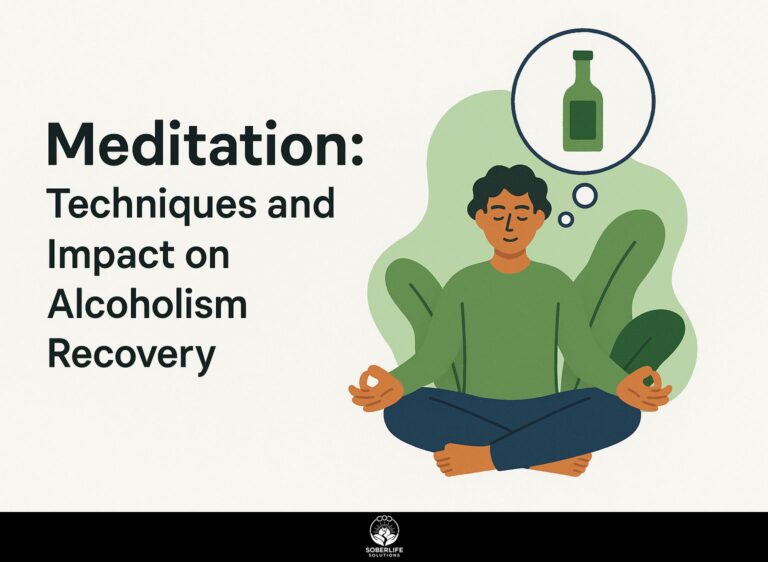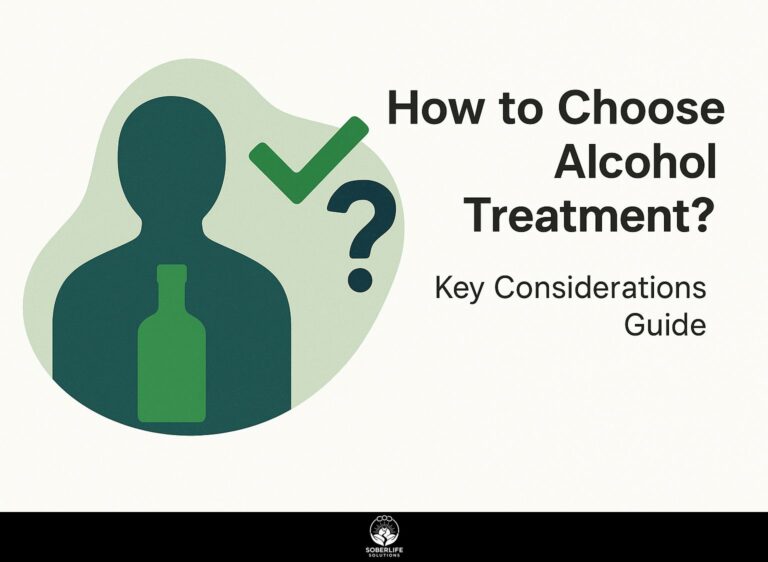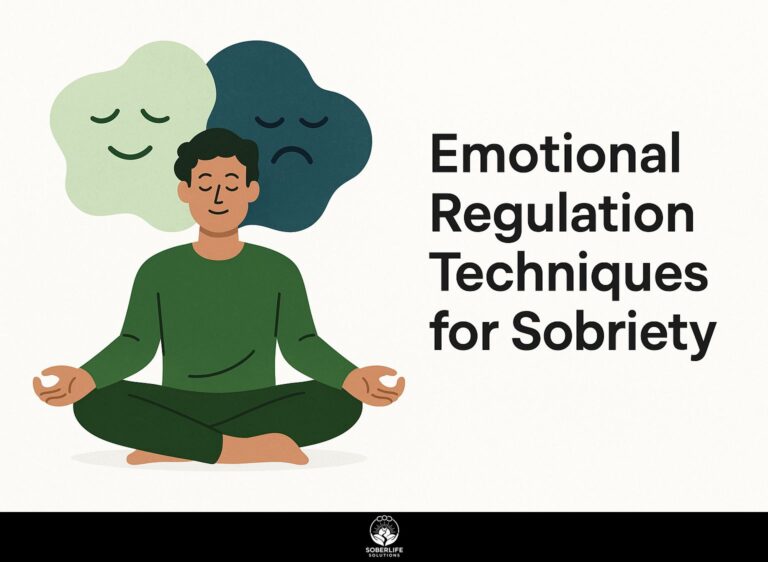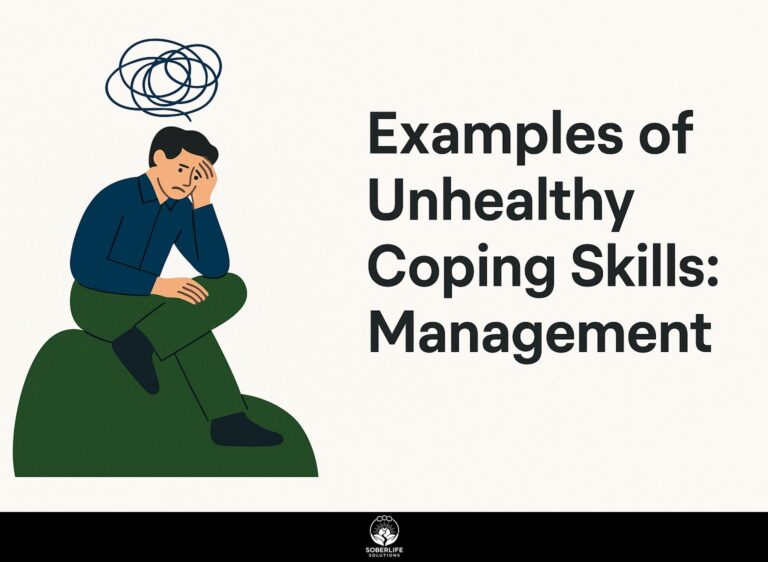How to Prepare for Your Appointment: Practical Guide
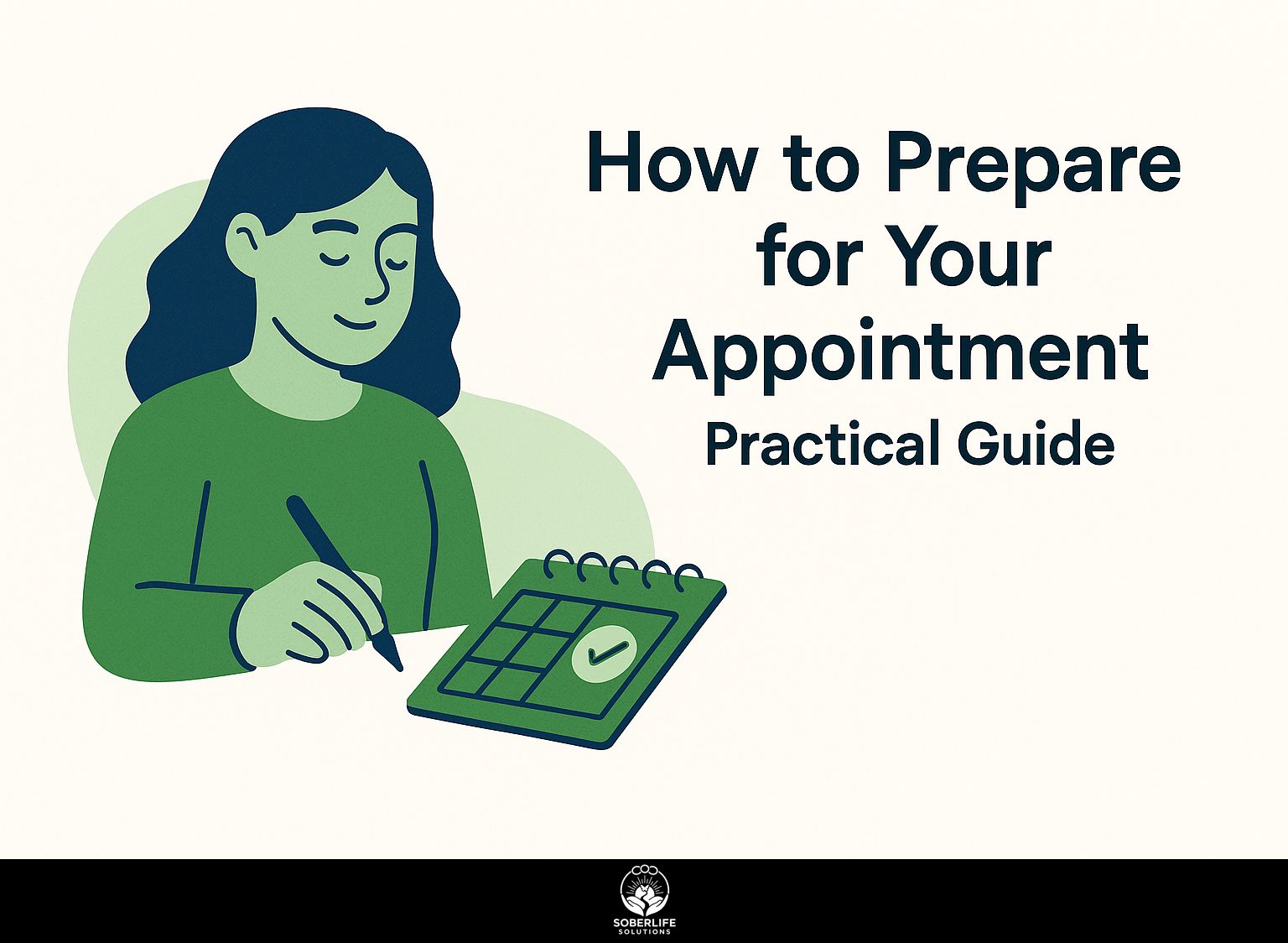
Preparing for your child’s doctor appointment can feel overwhelming, but with the right steps, you can make it a breeze. Dr. Margaret Payne, a top pediatric doctor, stresses the need to collect your child’s medical history and symptoms before the visit, especially for serious conditions like cancer. This practical guide will help you prepare your child, bring essential documents, and set the stage for a successful consultation.
Key Takeaways:
Understanding the Appointment Type
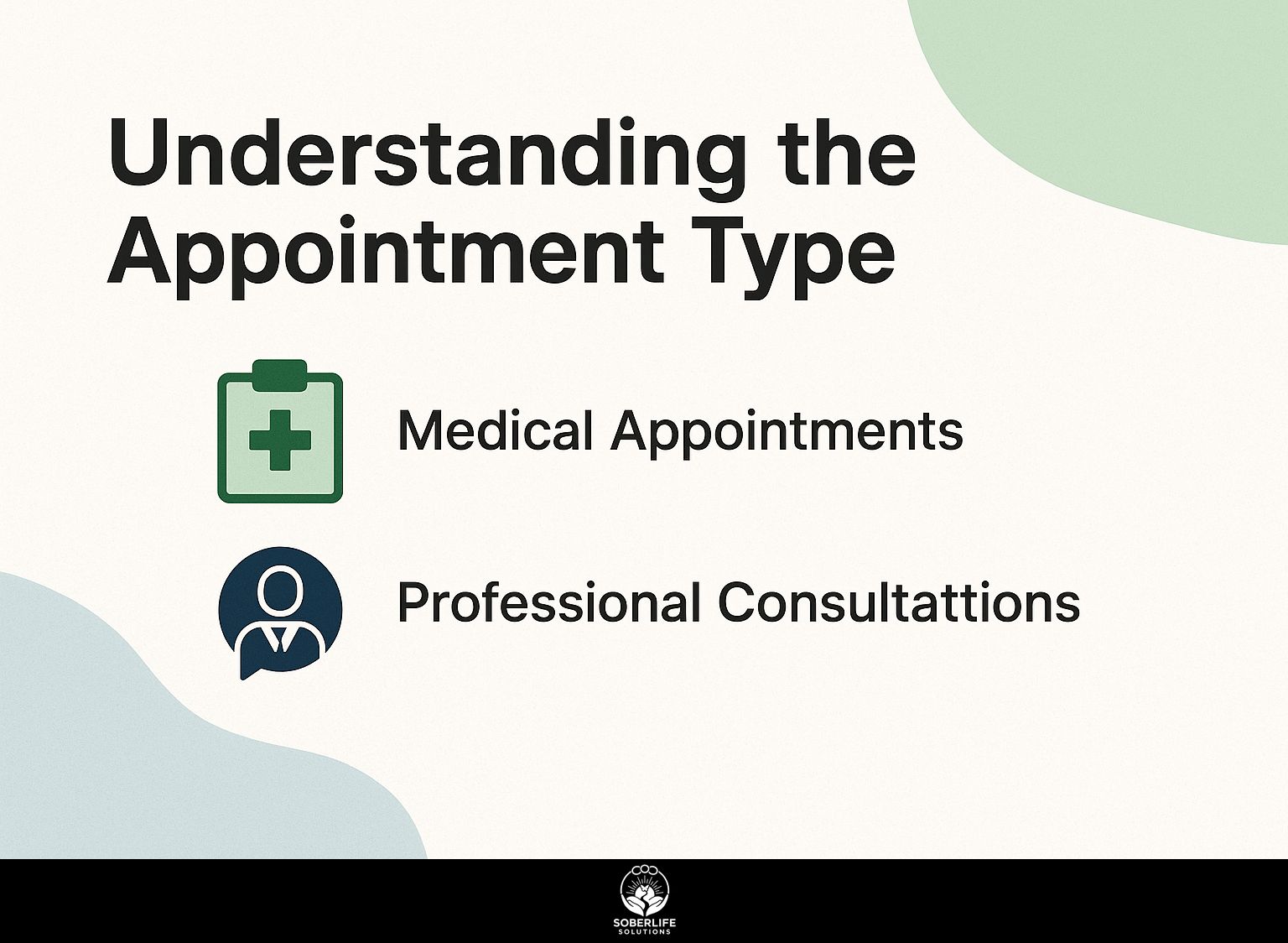
Knowing the kind of appointment you have, whether it’s a regular check-up or a specialized consultation, is important for getting ready properly. For those interested in a comprehensive overview, this analysis by Better Health Channel covers how to effectively make and manage your health appointments.
Medical Appointments
Medical appointments typically involve a thorough review of your medical history and physical examination to establish a treatment plan for various conditions.
During your visit, be prepared to talk about your current symptoms, any previous medical problems, surgeries you’ve had, and the medications you’ve used. Telling your doctor about your allergies or ongoing health problems can significantly affect your treatment.
For instance, a history of hypertension may lead your doctor to monitor your cardiovascular health more closely. Be prepared for a physical exam, which might include blood pressure checks or other tests depending on your symptoms.
Taking an active role in this process allows for customized and efficient care.
Professional Consultations
Professional consultations often require a more targeted approach, focusing on specific issues such as chronic illnesses or specialized care needs.
During a consultation, it’s essential to arrive prepared with specific questions to maximize your time with the healthcare team.
For instance, if you’re addressing a chronic condition like diabetes, ask about recent advances in treatment options or lifestyle changes that could benefit your health. According to a recent publication from the CDC, there have been significant developments in managing such conditions, highlighting the importance of staying informed.
Realize that these meetings might include different healthcare workers, such as doctors and nurses, who share their knowledge to talk about your care plan thoroughly. If you’re uncertain about when such a consultation is necessary, discovering [when to ask for professional help](http://soberlifesolutions.com/when-to-ask-for-professional-help/) can provide clarity and ensure you make the most of these interactions.
Teamwork enhances your treatment and addresses all aspects of your health.
Gathering Necessary Information
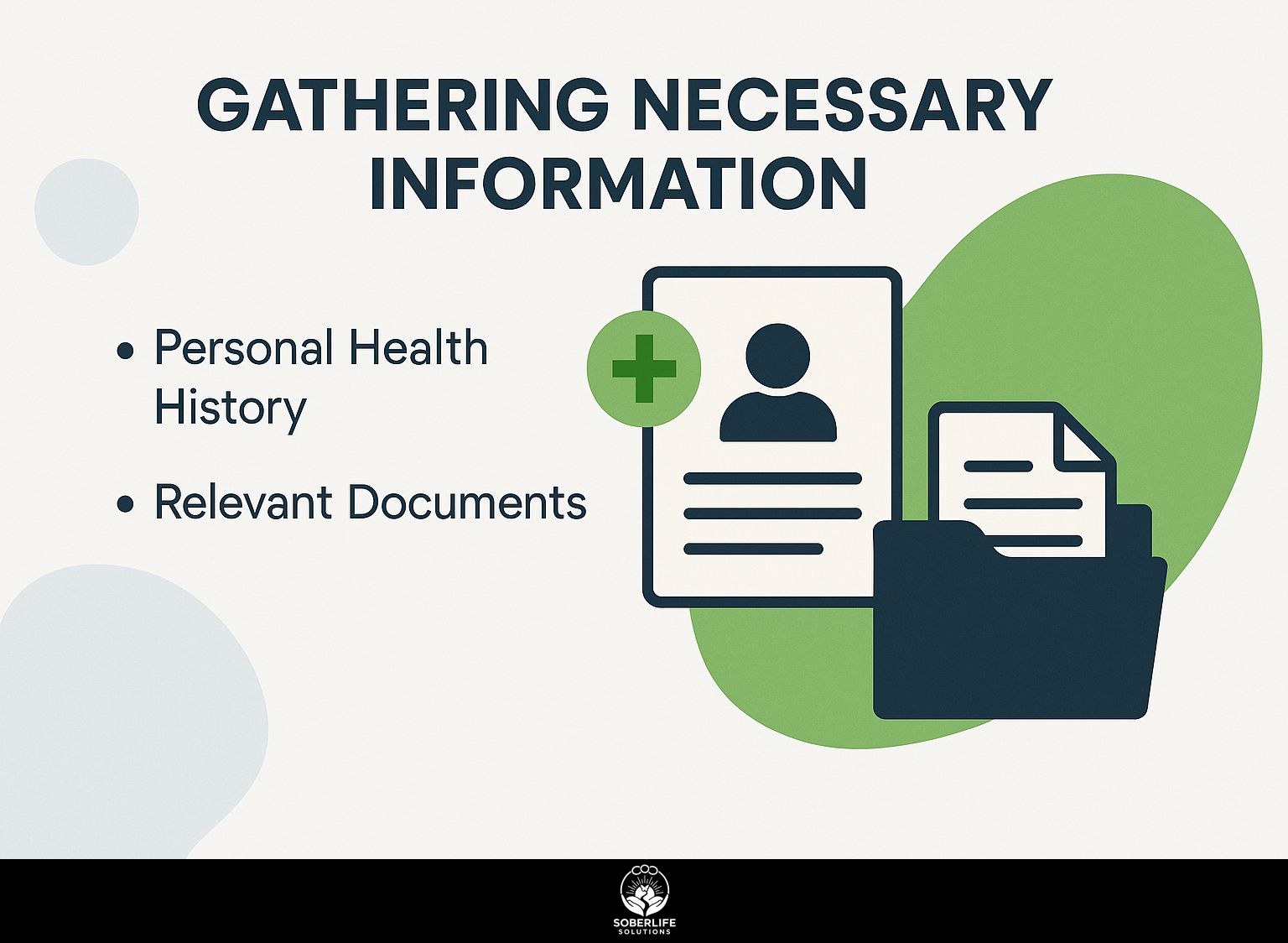
Collecting essential details, including medical history and important papers, before a meeting can greatly improve the care provided. This process is crucial, especially in understanding how broader factors such as the COVID-19 impact on addiction can affect patient needs and outcomes.
Personal Health History
Giving a full account of your personal health history, including your medications and family health problems, is important for correct diagnosis and successful treatment.
-
Start by gathering detailed information on your past illnesses, surgeries, and any chronic conditions you’ve experienced.
-
Next, list your current medications, including dosages and frequency. It’s important to mention any allergies or negative reactions to treatments.
-
Discuss usual health issues like diabetes or heart disease with your family, and write them down.
-
For organization, use apps like MyChart or HealthVault, which let you safely keep and handle your health information. These apps can sync with healthcare providers, ensuring they have access to your complete health history during appointments. According to the Mayo Clinic, managing personal health records through patient portals can significantly enhance communication and care coordination, facilitating better healthcare outcomes. Read more about personal health records and patient portals.
Relevant Documents
Having important documents like medical records and treatment plans can make the appointment go more smoothly and give the healthcare provider necessary information.
To make sure you have all you need, get these documents ready and bring them with you:
- Recent test results
- A current list of medications
- Any previous treatment records
- A summary of your medical history
Evernote helps you organize your documents digitally, making it easy to find them when you have an appointment. Look over these materials before each appointment to be prepared to talk about your health in detail, helping your doctor make decisions fast.
Preparing Questions
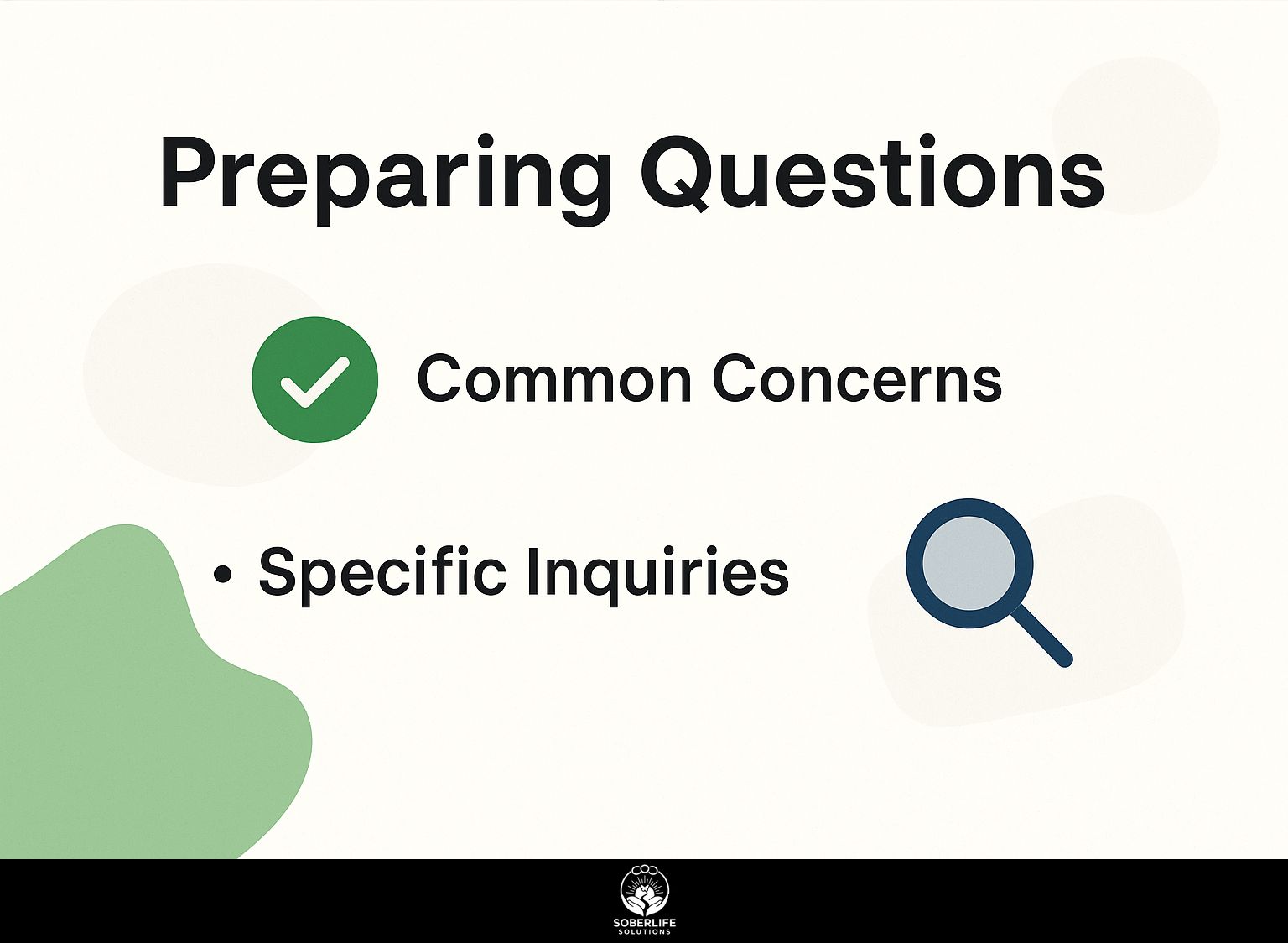
Writing down your questions helps you talk with your doctor and ensures all your concerns are addressed during your visit.
Common Concerns
People often worry about handling stress and knowing how medical conditions affect their daily lives during doctor visits.
To articulate these concerns effectively, start by jotting down specific questions before your appointment. For instance, ask about symptoms affecting daily life or treatment side effects.
Bring up your anxiety by using phrases like, “I feel overwhelmed by this diagnosis,” which opens a dialogue. Resources such as HelpGuide provide tips on coping with these feelings, helping you remain focused.
Feel free to ask the provider to explain difficult terms or procedures, so you leave knowing more about your health.
Specific Inquiries
It is important to ask direct questions about different diagnoses and potential treatments to make well-informed decisions about your healthcare.
Patients should feel confident to ask their healthcare providers clear questions.
To understand how the diagnosis was made, ask, “What tests or evaluations were used to make this decision?”
Knowing your treatment choices is just as important; ask, “What are the possible benefits and side effects of each treatment?”
Don’t hesitate to challenge assumptionsAre there alternative therapies I should consider?”
This discussion clarifies your condition and encourages cooperation with your healthcare team so that you play an active role in your treatment.
Logistics and Timing
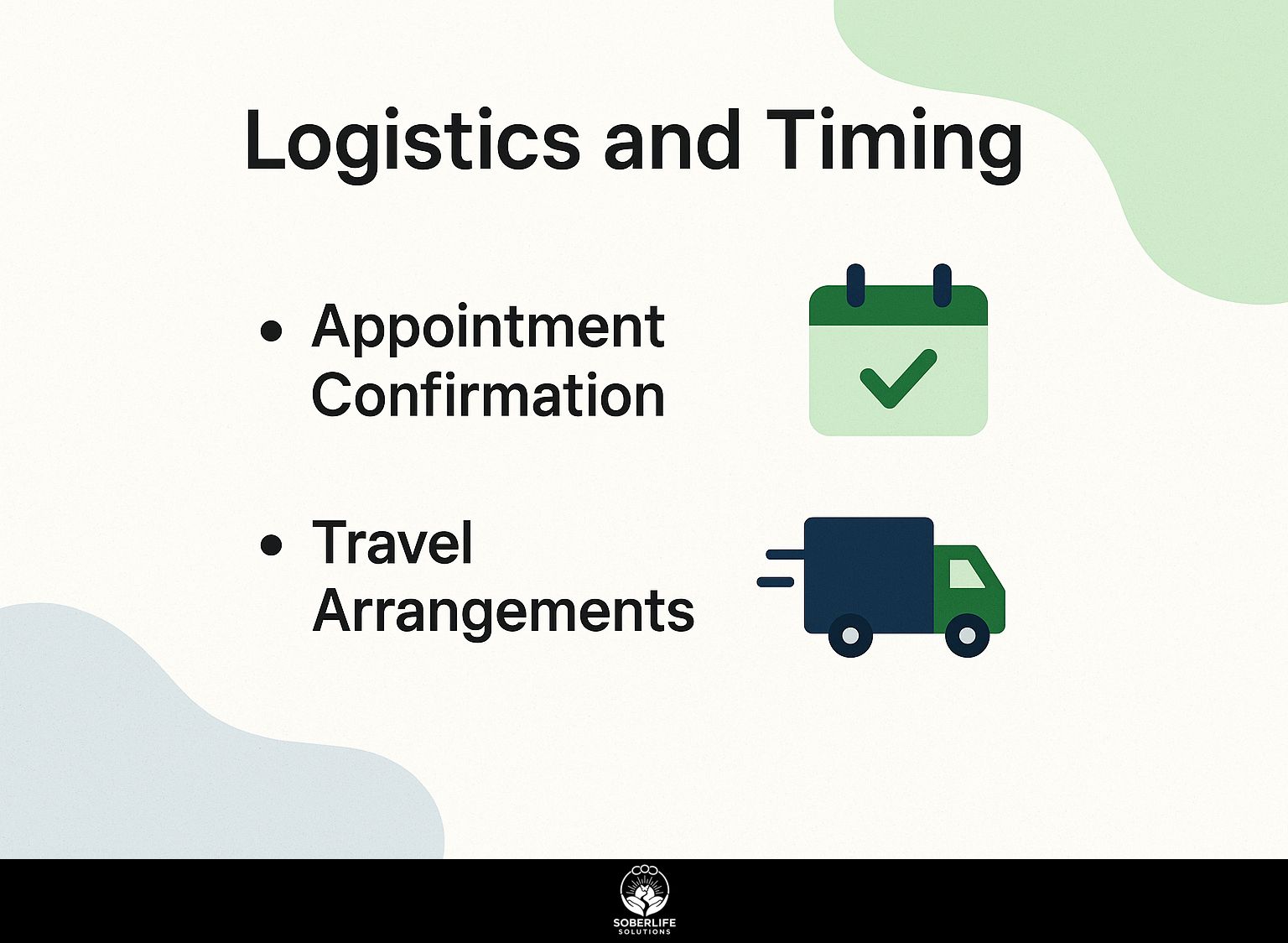
Handling logistics and time well can greatly lower stress on the day of the medical appointment.
Appointment Confirmation
Checking your appointment with the healthcare provider guarantees correctness and prevents overlapping schedules.
Start by contacting your healthcare provider’s office directly, either via phone or their online patient portal. When you reach them, verify the date and time of your appointment to eliminate any confusion.
Next, ask if there are specific preparations required, such as fasting for blood tests or bringing prior medical records. Check if any paperwork needs to be completed beforehand to expedite your visit.
Add the appointment to your calendar so you remember it.
Travel Arrangements
Planning travel details is important for face-to-face meetings to arrive on time and follow telehealth privacy rules.
- Start by calculating your travel time using Google Maps, which provides real-time traffic updates. Factor in parking time, especially if you’re visiting a busy area, by checking nearby lots or garages beforehand.
- Consider telehealth options if the distance is significant or if schedules are tight; many providers now offer virtual consultations which can save commuting time.
- Get to your in-person appointments at least 15 minutes early to handle any unexpected issues and make sure everything goes smoothly, while following privacy rules.
Dressing Appropriately
Dressing appropriately for a medical appointment balances comfort and professionalism, impacting your interaction with healthcare providers.
Opt for layered clothing; a breathable t-shirt under a blazer allows for comfort during extended waits while maintaining a polished look.
If it’s a specialist visit, choose items easy to remove, like slip-on shoes or elastic waistbands, to facilitate quick examinations.
Fabrics like cotton or blends help prevent overheating if you’re anxious.
Avoid heavy fragrances, as strong scents can irritate some patients or staff.
Ultimately, you want to be at ease and dressed suitably, which helps you communicate with your healthcare team.
What to Bring
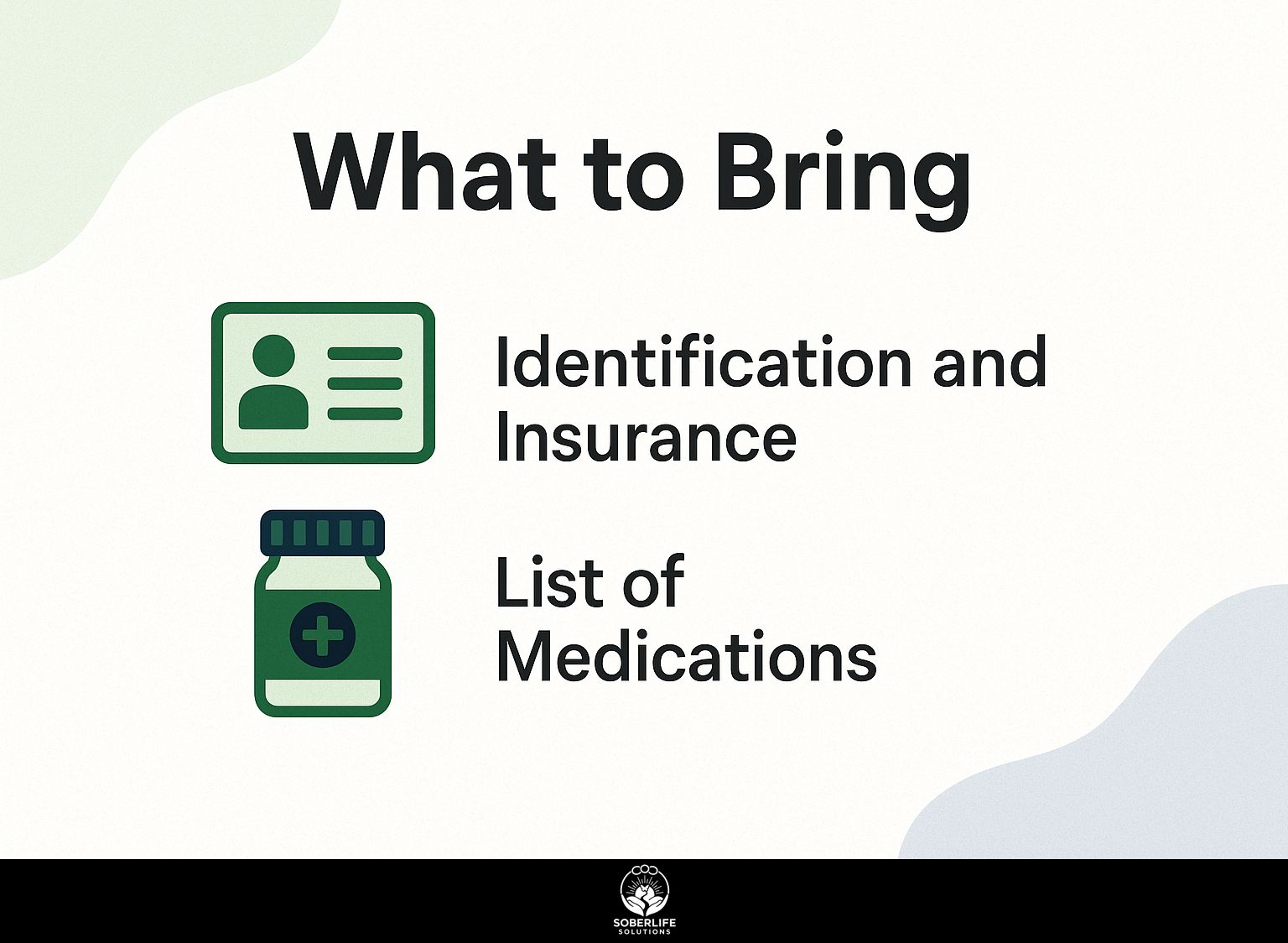
Being prepared for an appointment by bringing the right items can make the visit go more smoothly and make sure all needed details are on hand.
Identification and Insurance
It’s important to bring your ID and insurance details to confirm your coverage and identity at the appointment.
For a hassle-free experience, always bring a government-issued ID, like a driver’s license or passport, and your current health insurance card. These documents should be kept in a designated folder or a specific section of your bag to minimize last-minute scrambles.
Put a note on your phone to remind you the day before your appointment so you can be prepared. This active method saves time and lessens stress, so you can concentrate on your appointment.
List of Medications
An up-to-date list of medications helps healthcare providers choose the right treatment.
- To compile an effective medications list, gather details such as each drug’s name, dosage, and frequency of use. Start by reviewing prescription bottles and any over-the-counter medications you take.
Use apps like Medisafe to enter this information; they can notify you of doses and warn you when it’s time to refill prescriptions. Update the list with any new medicines or changes in dosage.
Regularly share this updated list with your healthcare provider to help monitor and improve your treatment plan.
Post-Appointment Planning
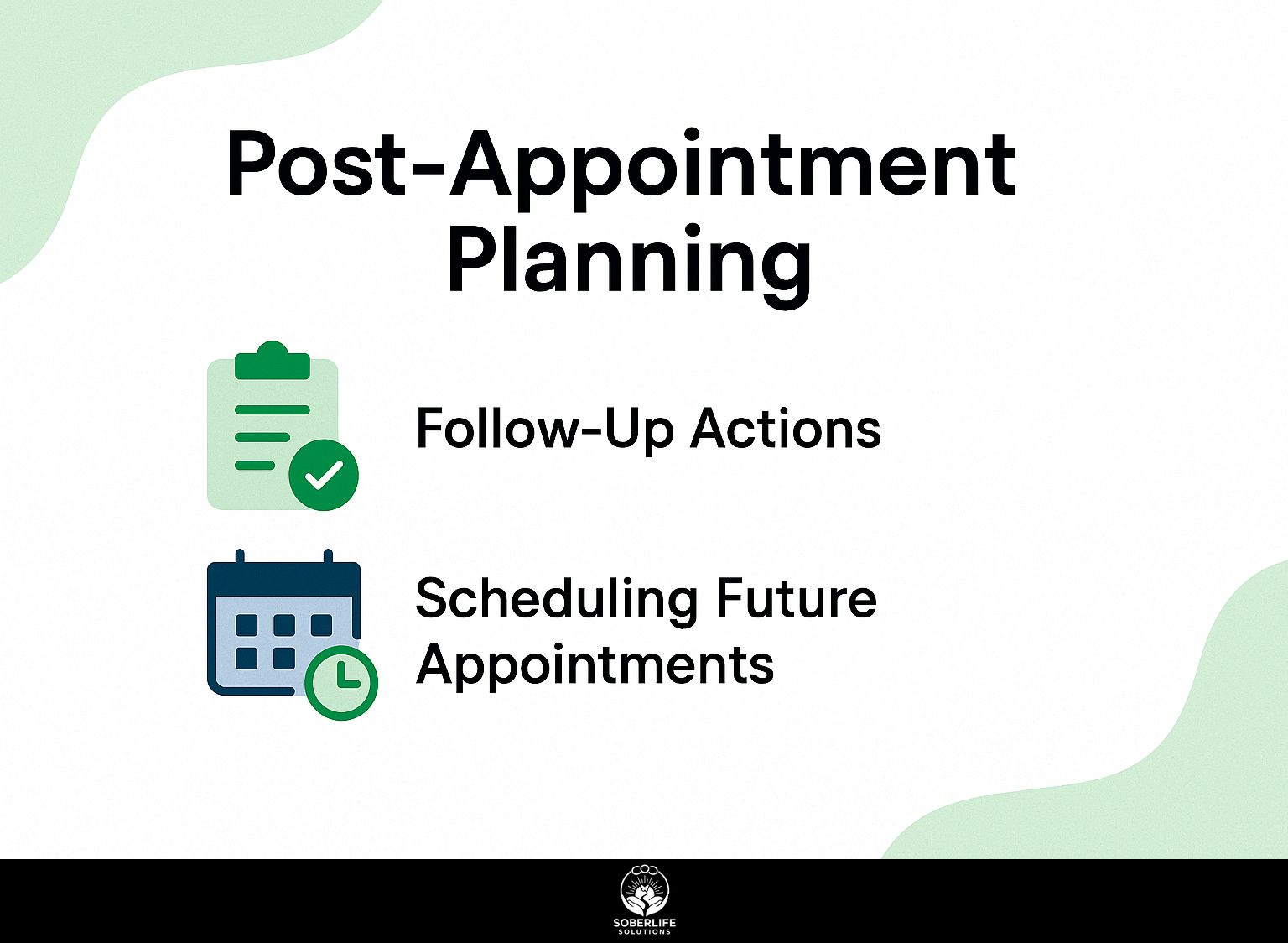
Planning after your appointment is important for following the advice and keeping your treatment on track.
Follow-Up Actions
Follow-up actions may include scheduling additional appointments or adhering to prescribed treatment plans for chronic illnesses.
To effectively manage your health, start by creating a checklist of essential follow-up actions.
Book any needed appointments for the coming month and use an app like Google Calendar to notify you. Make sure to fill prescriptions as directed; consider using a medication management app, such as Medisafe, to track doses.
Write down your symptoms and how your medication affects you in a health diary. This will help during your next visits. By organizing these tasks, you can better adhere to your treatment plan and maintain open communication with your healthcare provider.
Scheduling Future Appointments
Setting up upcoming appointments quickly can help keep steady healthcare and handle current health problems effectively.
To make scheduling easier, use your healthcare provider’s patient portal to quickly find open dates and times. After your visit, schedule the next appointment before leaving the office. This can also help you avoid the hassle of finding time later.
Confirm the appointment 24 hours in advance by calling the office or checking the portal. Use a different calendar for medical appointments and notices. This helps you keep track of your schedule so you don’t forget important meetings.
Communication Tips
Talking clearly with your doctor is key to getting the best care during visits.
Frequently Asked Questions
What is the best way to prepare for my appointment?
The best way to prepare for your appointment is to make a list of all the questions and concerns you have. This will help you stay organized and make sure you remember everything important during your appointment.
When should I start preparing for my appointment?
It’s best to start preparing for your appointment at least a week in advance. This will give you enough time to gather any necessary documents or information and make any necessary arrangements.
What information should I bring to my appointment?
It’s important to bring any relevant medical records, insurance information, and a list of current medications to your appointment. If you have any specific concerns or questions, it’s helpful to write them down beforehand as well.
How can I make the most out of my appointment?
To make the most out of your appointment, it’s important to communicate openly and honestly with your healthcare provider. Be sure to ask any questions you have and provide as much information as possible about your symptoms and concerns.
What should I do if I need to reschedule my appointment?
If you need to reschedule your appointment, it’s best to do so as soon as possible. Contact your healthcare provider’s office and explain the situation. They will work with you to find a new appointment time that is convenient for both parties.
Is it important to arrive early for my appointment?
Yes, it’s important to arrive early for your appointment. This allows you plenty of time to complete any required forms and be attended to quickly. It also allows for any unexpected delays, such as traffic or parking issues.

